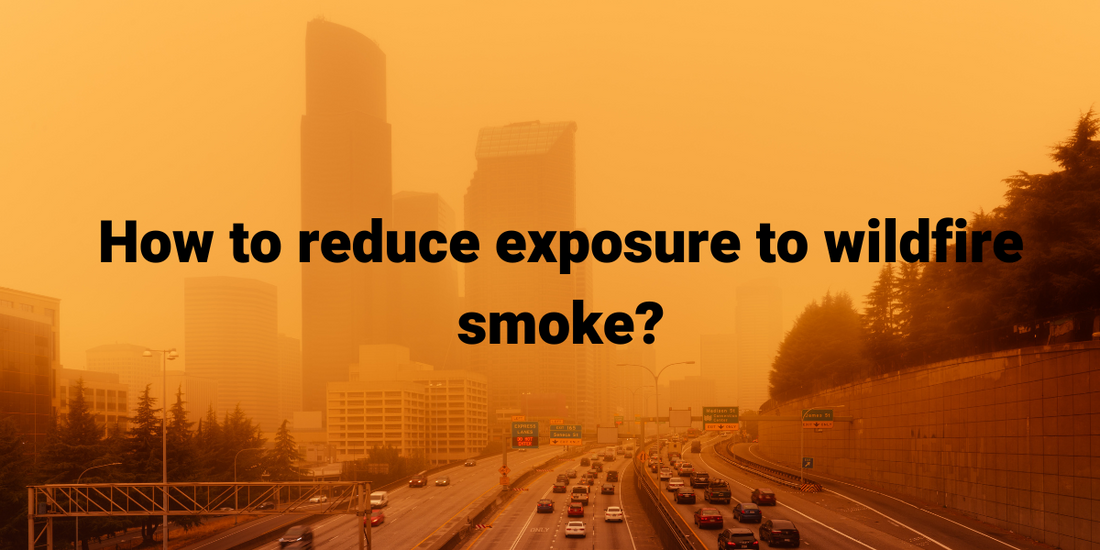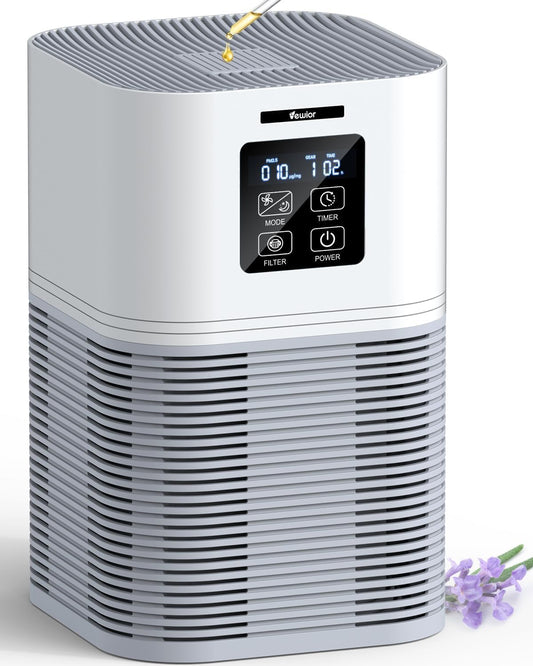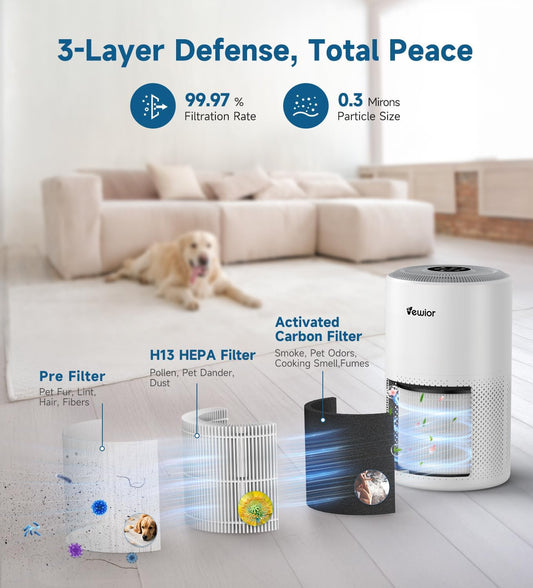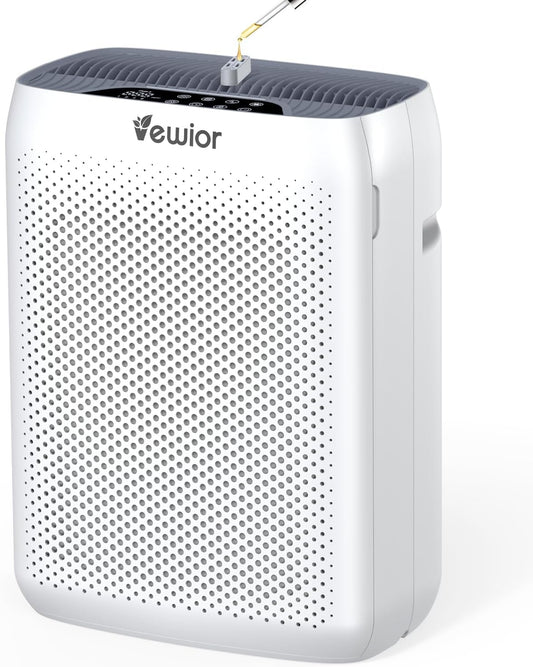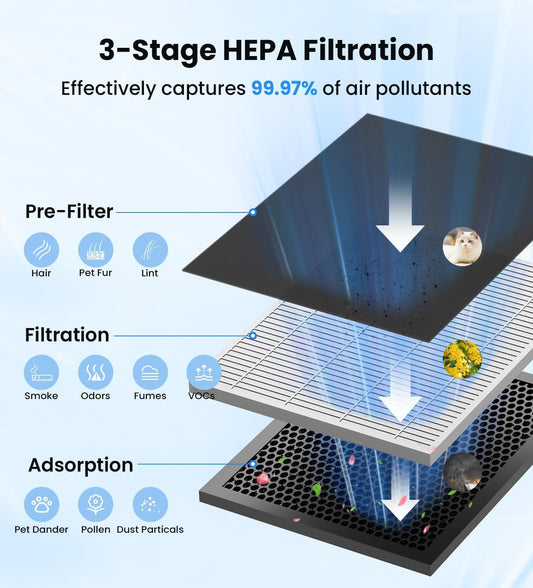Wildfire smoke poses significant health risks, as it contains fine particles, toxic gases, and air pollutants that can cause respiratory issues and other health complications. During periods of wildfire activity, it is crucial to take proactive steps to minimize your exposure to smoke. In this article, we will explore effective strategies to reduce exposure to wildfire smoke, helping you protect yourself and your loved ones from the harmful effects of poor air quality.
Stay Informed and Monitor Air Quality
Keeping yourself informed about the current wildfire situation and air quality is vital. Follow updates from local authorities, emergency management agencies, and meteorological services. Use reliable sources to access real-time air quality data, such as government websites or reputable air quality index (AQI) apps. Pay attention to air quality alerts and advisories to guide your actions and make informed decisions.
Create a Clean Indoor Environment
One of the most effective ways to reduce exposure to wildfire smoke is by creating a clean indoor environment. Follow these steps:
- Keep windows and doors closed to prevent smoke from infiltrating your home. Use weatherstripping and caulking to seal any gaps or cracks.
- Use air purifiers equipped with high-efficiency particulate air (HEPA) filters. HEPA filters can effectively capture fine particles, including those present in wildfire smoke. Position air purifiers in rooms where you spend the most time, such as bedrooms and living areas.
- Minimize the use of indoor combustion sources, such as candles, tobacco smoke, and gas stoves. These sources can add to indoor air pollution and worsen the effects of wildfire smoke.
- Consider using portable air cleaners or air purifiers with activated carbon filters to help reduce smoke odors.
Limit Outdoor Activities
When the air quality is poor due to wildfire smoke, it is advisable to limit outdoor activities, especially for vulnerable individuals such as children, older adults, and those with pre-existing respiratory conditions. Stay indoors as much as possible and engage in activities that promote indoor air quality, such as reading, watching movies, or pursuing hobbies.
Use Personal Protective Equipment (PPE)
In situations where exposure to wildfire smoke is unavoidable, the use of personal protective equipment (PPE) can provide some level of protection. N95 or N99 respirator masks are designed to filter out fine particles and can be effective in reducing the inhalation of smoke particles. Ensure that the mask fits snugly on your face and follow the manufacturer's instructions for proper use and disposal.
Maintain Good Indoor Air Quality Practices
Even when not directly impacted by wildfire smoke, it is essential to maintain good indoor air quality practices to minimize the effects of potential smoke infiltration. Some tips include:
- Regularly clean and vacuum your home to reduce dust and allergens.
- Avoid smoking indoors, as it adds to indoor air pollution.
- Use exhaust fans or open windows when cooking or using household cleaners to prevent the buildup of indoor pollutants.
- Keep indoor humidity levels between 30% and 50% to discourage the growth of mold and other allergens.
Conclusion
Reducing exposure to wildfire smoke is crucial for protecting your health and well-being. By staying informed, creating a clean indoor environment, limiting outdoor activities, using personal protective equipment when necessary, and maintaining good indoor air quality practices, you can significantly reduce your exposure to the harmful effects of wildfire smoke. Prioritize your health by implementing these strategies and remember to seek medical attention if you experience any severe symptoms related to smoke exposure. Together, we can mitigate the risks associated with wildfire smoke and ensure a safer and healthier environment for all.

